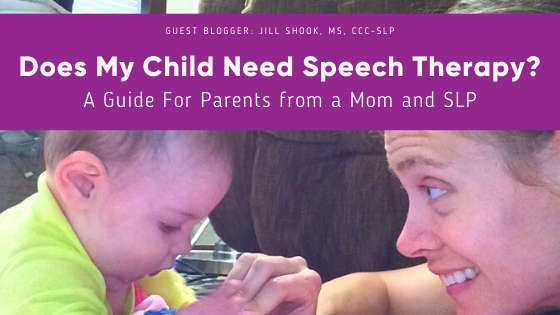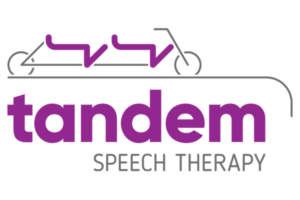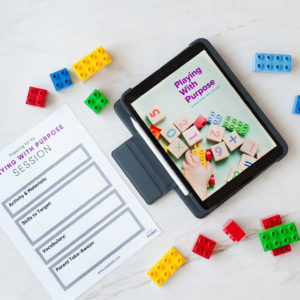
As parents, we live with a never-ending litany of worries about our kids: Are they eating enough vegetables? Getting too much screen time? On track for their developmental milestones?
As both a mom and an SLP, I have those same concerns, and while I can’t help a child learn to love brussels sprouts or to dislike cartoons, I can help you recognize if your child’s speech and language development is on track.
Here are some warning signs that might indicate that an evaluation by a speech-language pathologist is warranted:
Any age:
- Family, friends, and/or caregivers find it suddenly harder to understand the child
- Their speech is slurred or they have difficulty controlling their breathing for speech
- They speak loudly in a high-pitched voice (and not just when imitating a TV character)
- They go from rarely being able to produce sounds to speech that is barely understood
- They are unaware of sound variations, or show frustration and/or anxiety about their seeming inability to control their speech
By 12 months:
- They don’t point at objects
- They don’t use gestures such as waving or shaking their head
By 15 months:
- They have not used their first word (this can be a word approximation such as “buh” for “ball” or “do” for “doggie”)
- They don’t respond to words such as “no” and “bye-bye” appropriately
By 18 months:
- They do not use at least 6 to 10 words consistently
- They do not appear to hear well or to discriminate between sounds
By 20 months:
- They don’t use at least six consonant sounds, especially “p, b, m, n, w, and h”
- They do not follow simple directions such as “Come here”, and not just when frustrated
By 24 months (2 years):
- They have a vocabulary of less than 50 words
- They are less interested in social interactions than they were before
By 3 years:
- They are understood by family or caregivers less than 50% of the time
- They can’t produce vowel sounds (a, e, i, o, u) and/or the consonants p, b, m, and w in words
- They get overly frustrated when they’re asked to repeat themselves so others can understand them, and sometimes even refuse to continue talking
By 4 years:
- Strangers only understand them about 50% of the time
- They can’t correctly produce the sounds “t, d, k, g, and f”
By 5 years:
- They can’t be understood in all situations by most listeners
- They can’t correctly produce most speech sounds
The good news is, when a speech or language impairment is identified early, a child can have a much better experience.

Meet Jill Shook, MS, CCC-SLP:
Jill Shook, MS, CCC-SLP owns a solo private practice in Pittsburgh, PA. She created a course for SLPs starting out in private practice and shares therapy tips and resources on Facebook and Instagram. Email her at [email protected]
Want to track your child's milestones?
Start Playing With Purpose
Learn how to purposefully and intentionally interact with your child during play and help them increase opportunities for speech and language development with our Playing with Purpose book!










